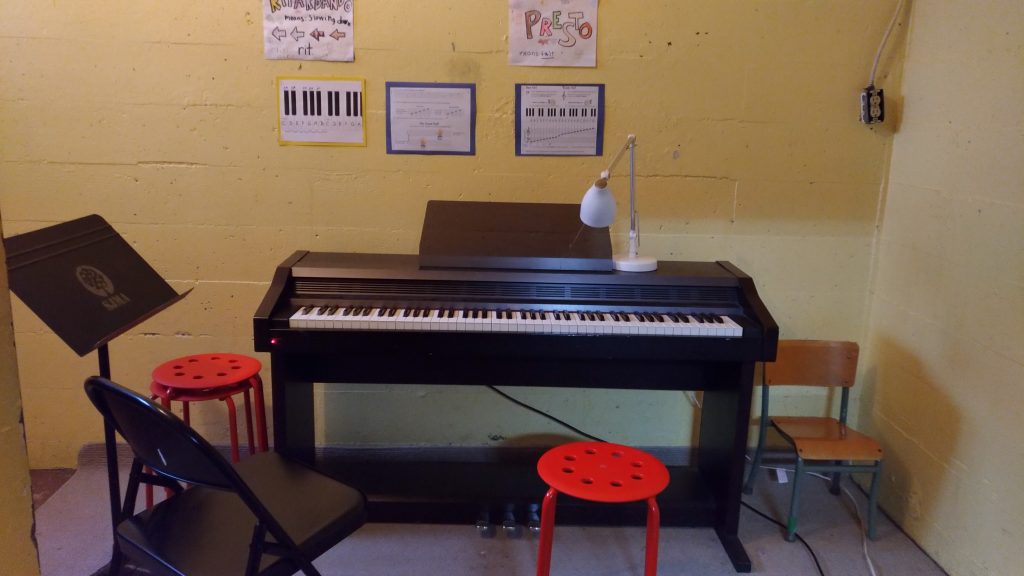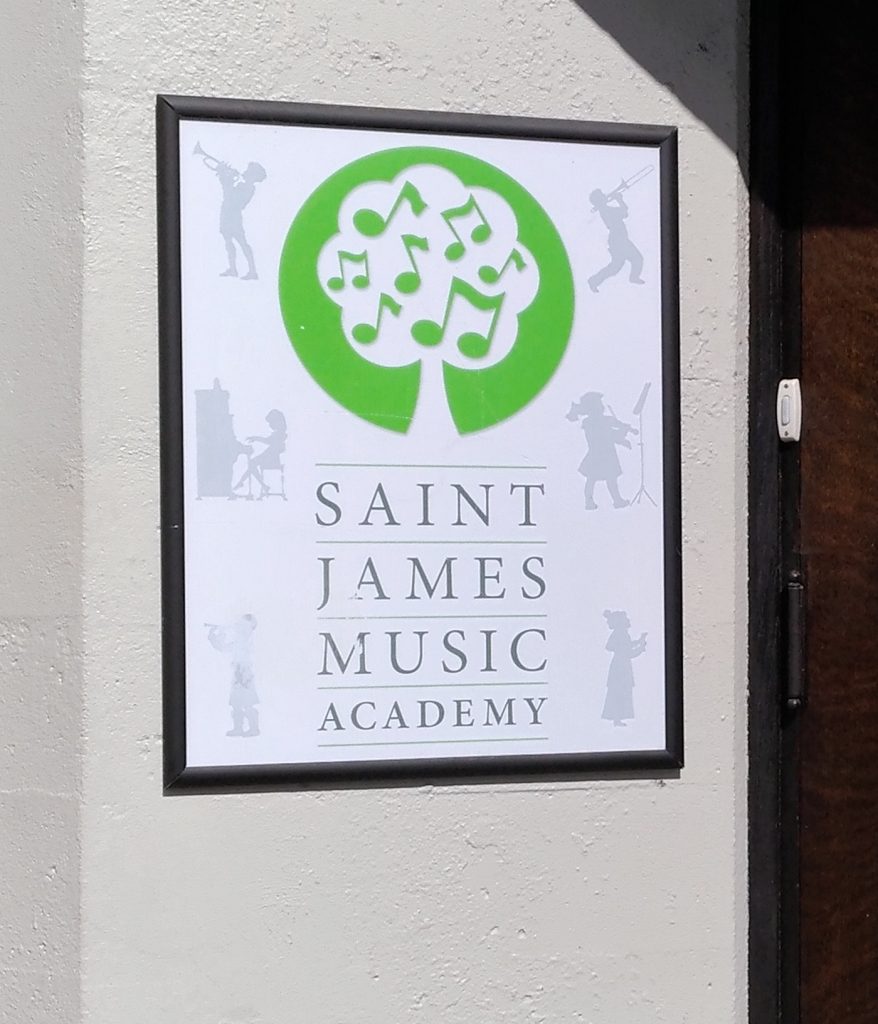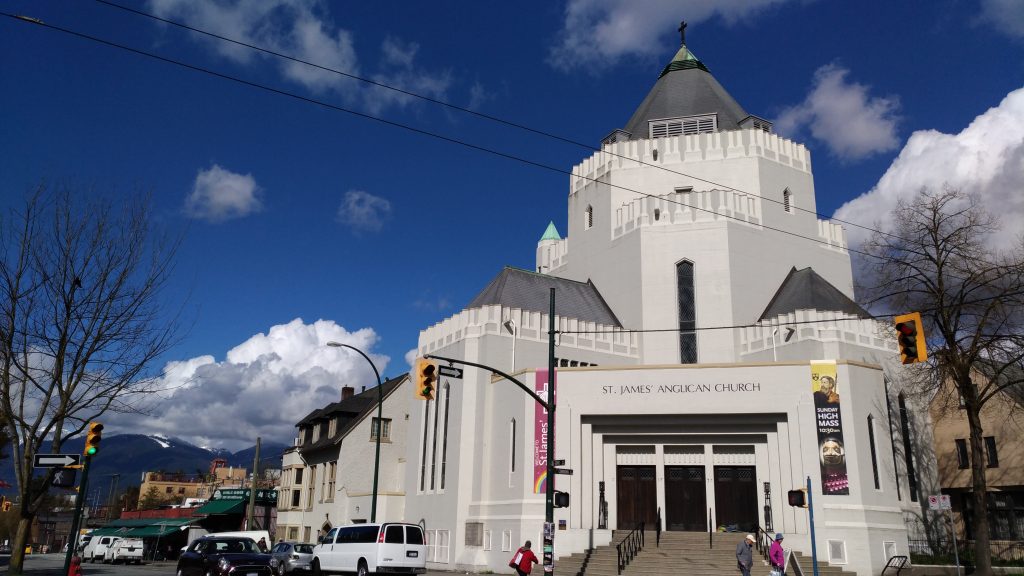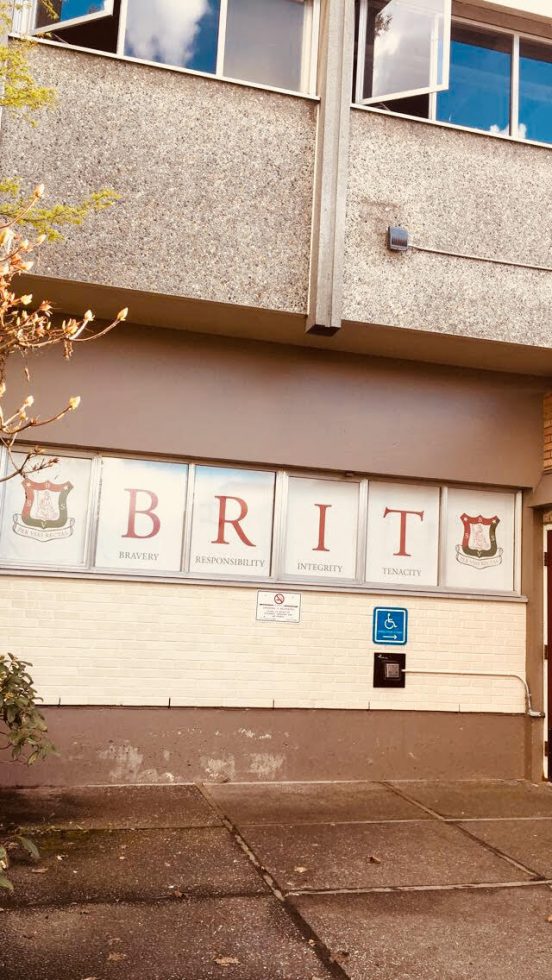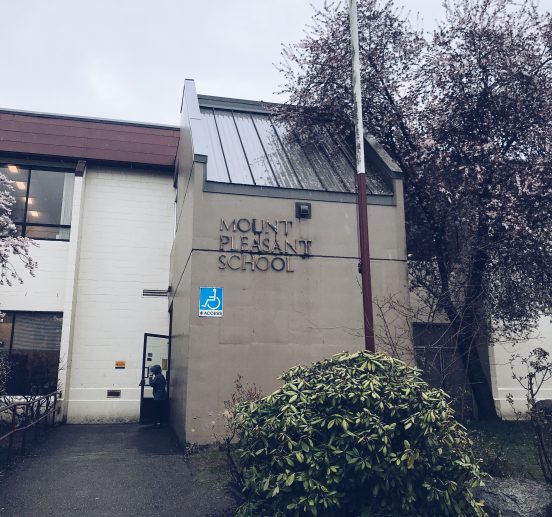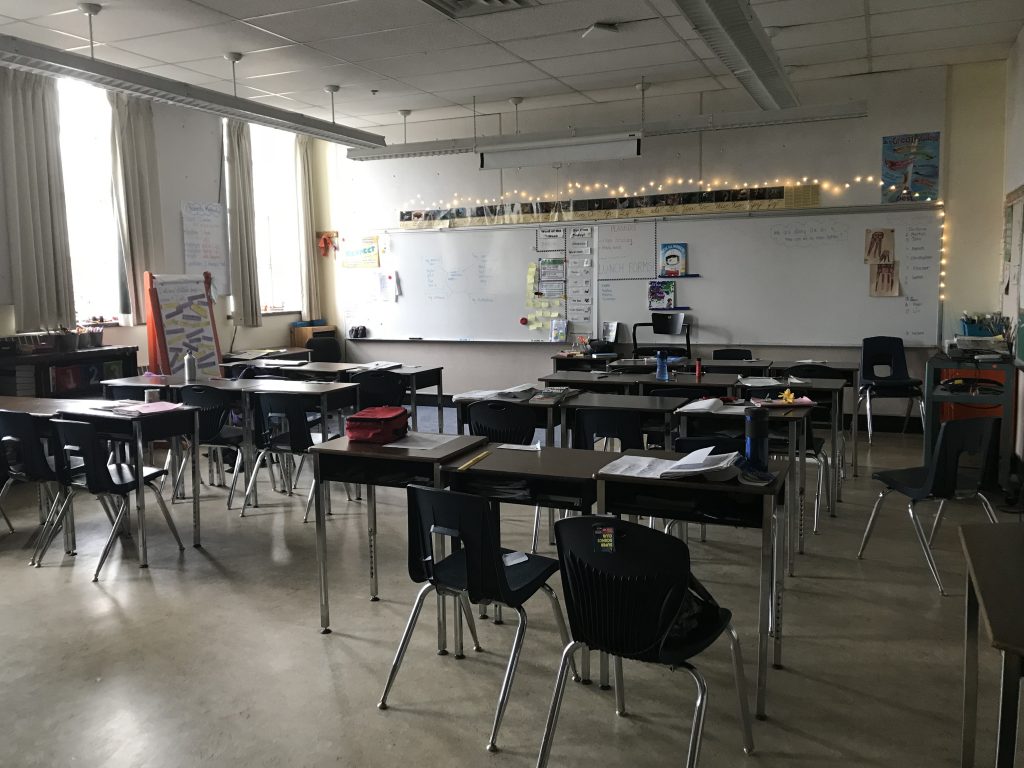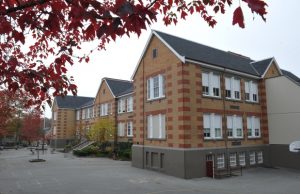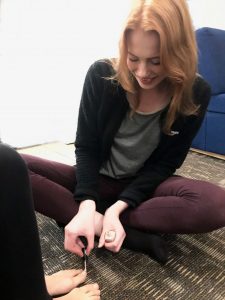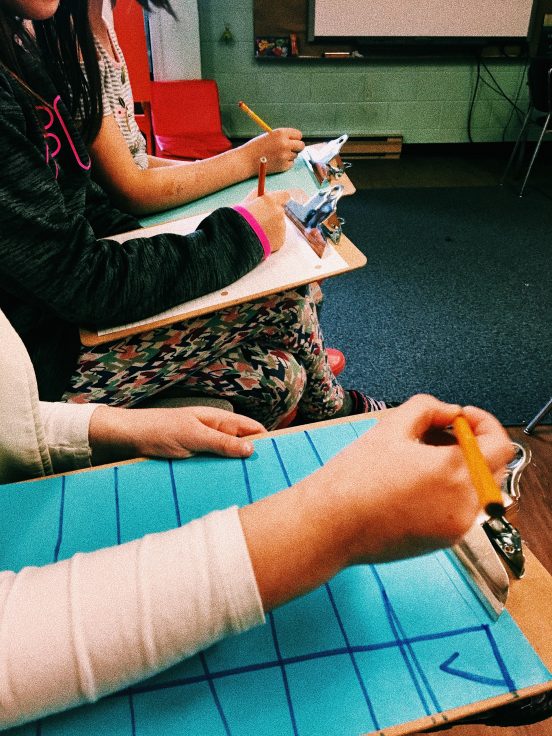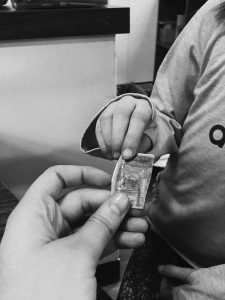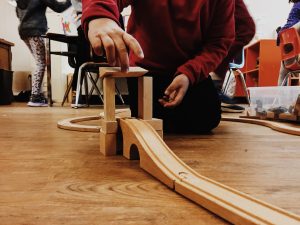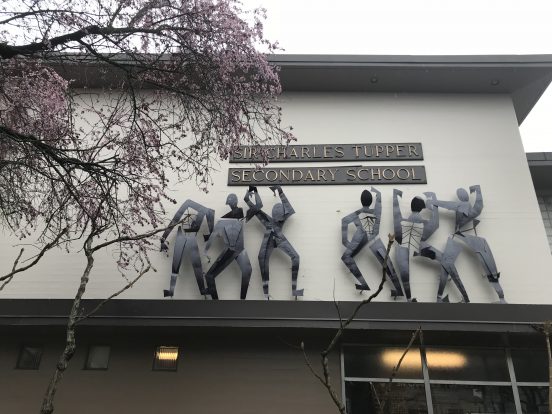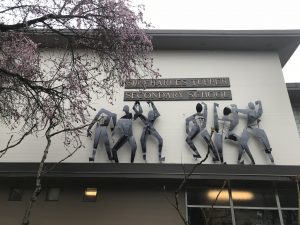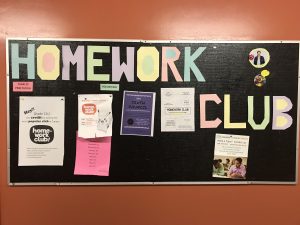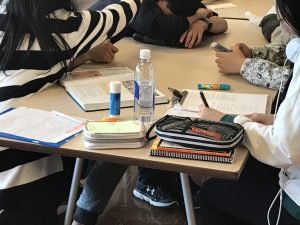By: Lisa Basil
When I first received the email about the Trek program the summer before I started University I didn’t think that it sounded like something I would be at all interested in. I initially wrote it off as “one of those cheesy experiential learning opportunities” that end up being a lot of work for very little payoff. Maybe even something students do to feel socially aware and have something to put on their resume while actually contributing very little (if anything) to help the community. As the semester started I got the impression that the vast majority of CAP students would be in Trek so I felt some level of social pressure to opt out of my own discussion section for this new experiential learning opportunity. I am so glad that I did because I enjoyed the Trek program immensely and I am so glad to have been completely off-base with my assumptions.
In my time volunteering with St. James Music Academy I did not drastically alter the socioeconomic realities of the Downtown East side, nor did I reach some great epiphany regarding how I can use my privilege to help combat these realities in Vancouver. However, during my time at St. James I was able to contribute to a broader societal context through something I am passionate about. I was part of an amazing community of volunteers and teachers that are doing phenomenal work. I was able to be a part of (even just as a volunteer) an organization working to bring about real and tangible good.
The Saint James Music Academy is a private organization that operates out of the Saint James Anglican Church on the Downtown East side and provides music education to students living in some of the poorest neighbourhoods in Canada. The program facilitates 200 students through private lessons, choir and orchestra rehearsals. Going into my placement I expected St. James to be a modest program with a few students and teachers practicing basic playing and theory fundamentals. I did not expect the large size, community influence and advanced playing levels that this program really has. The program operates solely off of the work of volunteers and individual donations yet still manages to be an extremely rigorous and well-respected program. Volunteering at St. James allowed me to be a part of something that really is making an impact.
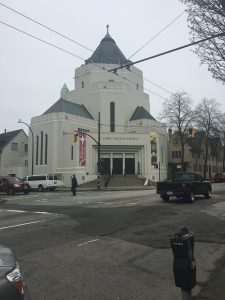
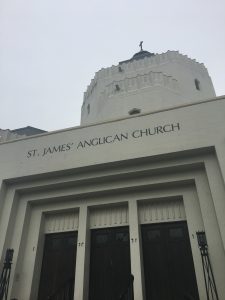
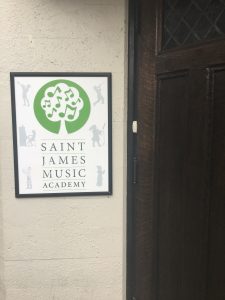
Throughout middle school and high school, I was always very involved with my school’s music programs and I completed my royal conservatory flute up through level 8. I knew that this placement had the potential to be applicable to me and my interests, but I didn’t foresee just how much it would allow me to really feel like I was a part of something bigger. Getting to work in a context of something I am genuinely passionate about was an amazing experience. As someone who has always felt strongly about the benefits (both cognitive and social) of group music programs for students I was able to feel like I was a part of something that has a genuine and tangible positive impact. I wasn’t volunteering for the sake of volunteering, I was doing something I really cared about.
The transition from high school to a university that was nearly the size of my hometown was, at the very least, somewhat intimidating. Integrating and adjusting to such a large school certainly takes work. Much of what aided my adjustment however was involvement in music and groups such as Trek. University is what you make of it and it is really what you choose to do outside of the classroom that can make a world of difference to the experience. For me, Trek and St. James allowed me to become involved with a wonderful group of people and gave me a real-world context for what I was learning. All of the sudden, the socioeconomic realities of the Downtown East Side were more than just notes on a lecture slide, I was able to witness them in action. I was able to see first-hand the sociological concepts that I was learning about in class such as gentrification and regional poverty, and gain personal experience with these concepts. I cannot overstate the value of being a part of something you are passionate about or find meaningful to your university experience. Trek really opened me up to what sorts of opportunities exist in the “real world” and how I can be a part of something that I feel is truly meaningful.
My time in Trek has taught me so much about the Downtown East Side and about myself. It allowed me to get involved in something I genuinely care about and be a part of an amazing organization run by wonderful people. I was able to be a part of something I was passionate about that was bigger than me. Despite my initial assumptions, the Trek program was a wonderful opportunity for me and I am so grateful for my time there.
